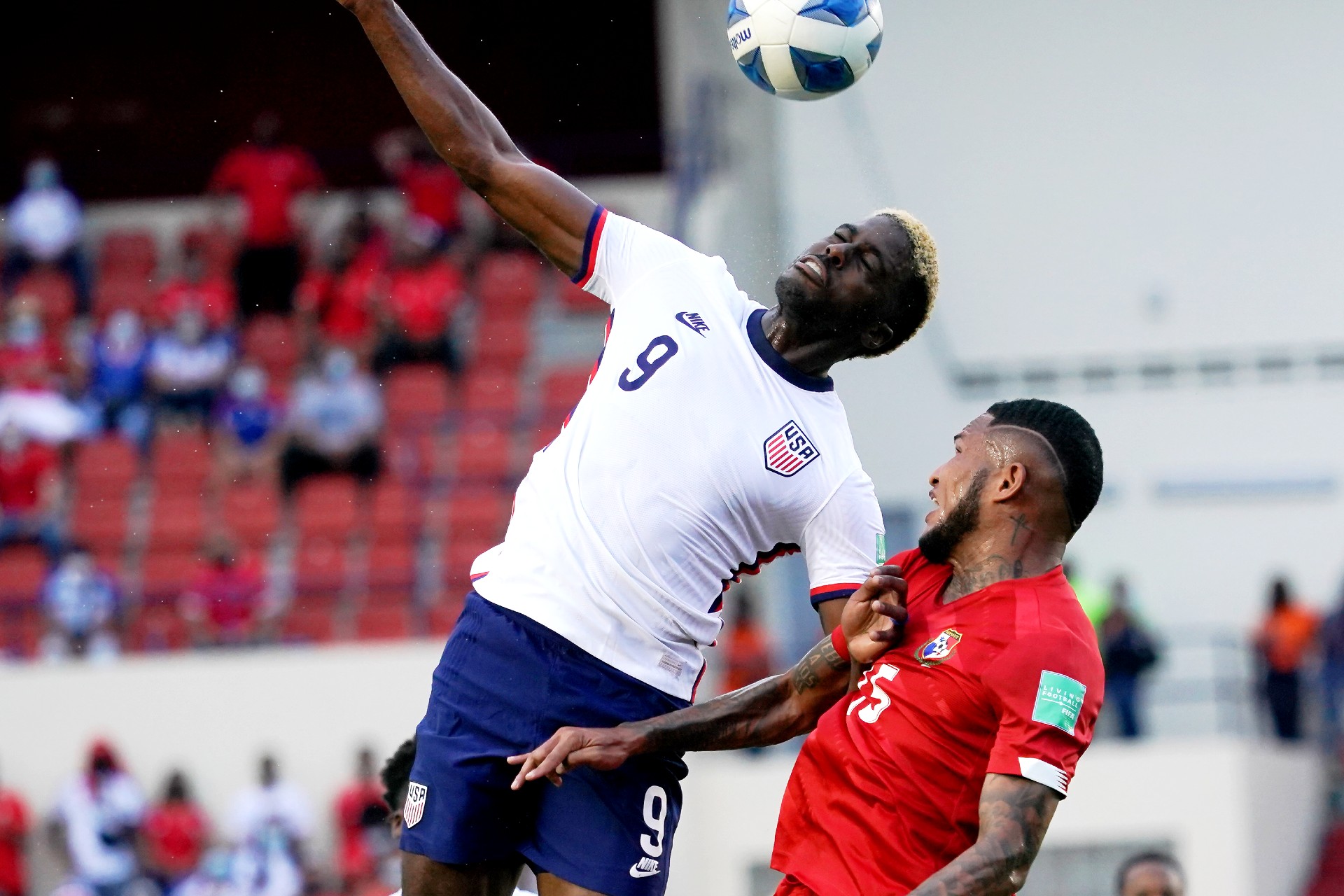
INGLEWOOD, California – There was a sense of novelty when the U.S. men’s national team played Panama on Thursday in the Concacaf Nations League semifinal. The CNL champions for the past three times were back with a new coach, Mauricio Pochettino. He introduced a new tactical approach to solve issues caused by missing important players, especially on the wings. Despite all the new ideas, a familiar feeling of disappointment returned as the game at SoFi Stadium neared its end, becoming reality just before the final whistle.
Panama scored the only goal of the game in the 94th minute with their only shot on target. Cecilio Waterman’s goal secured Panama’s place in Sunday’s CNL final, meaning the USMNT, the only previous tournament winners, would miss out on their first trophy since Pochettino became coach last fall.
It was a game where you could easily argue that the better team lost. The USMNT controlled the game’s pace and took many more shots than Panama (12 to 3). Pochettino admitted after the match that many things went well for the USMNT, but they lacked a key element: a competitive edge.
‘I think we controlled the game, yes,’ Pochettino said. ‘We dominated the game, yes. We played in their half, yes. We created some strategies to move the ball quickly and position ourselves well in their half, yes. … But without aggression, it’s impossible.’
The coach has been focusing on the USMNT’s mentality since he started. This might have seemed like he was keeping his tactical plans secret. However, after Thursday’s game, it seemed more like a harsh criticism of the team’s current state as he tries to prepare them for the 2026 World Cup at home.
‘I think in the first half, we played too slowly, too comfortably,’ Pochettino said. ‘We didn’t show aggression with the ball, and that had consequences. … The first half, I think, was really bad. It was really painful to watch.’
His players agreed. They said Panama’s tactical change in the first half surprised them.
‘We needed to press harder, press higher, mark players more closely, and make sure we were doing our jobs,’ defender Tim Ream told reporters after the game. ‘I think we struggled a bit in the first half to understand their pressing strategy. They changed it a bit, and we didn’t adjust quickly enough in the first half.’
Pochettino and his players also agreed that they played better in the second half. They took most of their shots after halftime and showed more of the aggression that was missing earlier. But in the end, it didn’t matter. Panama won despite having a low expected goals total of 0.1, making the result seem lucky. However, the coach argued that Panama’s goal showed the USMNT’s main weakness.
‘Look at the situation – organization, good. Superiority, yes,’ Pochettino said. ‘Four-v-two in midfield, but we conceded a goal. We didn’t control the situation. We weren’t aggressive enough in the challenges. We lost the challenge and then conceded. … If we can’t improve this, we can’t blame tactics, strategy, or the game plan.’
This loss is the USMNT’s third straight defeat to Panama in official games and is another in a series of disappointing performances. It’s a worrying trend for a group of players called the United States’ golden generation. They were one of the youngest teams at the 2022 World Cup and have struggled to live up to their potential from that tournament.
Some players have done well individually at their clubs, but only a few have truly proven themselves at the highest levels of club soccer. As a team, they haven’t come together effectively. The players all recognized a lack of aggression as their problem on Thursday, as Pochettino described it. But when asked about the cause of this issue, they struggled to find answers.
‘It’s difficult to say,’ Christian Pulisic said, repeating this phrase three times in six minutes, sighing deeply and appearing shocked. ‘Their game plan was clear. They were going to sit back and defend, and they defended very well. You have to give them credit. I mean, I don’t know exactly where we lack that grit or [nastiness]. It’s hard to say. How do you add that when you have the ball and are trying to score? We need to be more relentless in front of goal.’
Pulisic said he needed to watch the game again to understand what went wrong, a reasonable response for that specific game. His surprise contrasted with Pochettino’s clear explanation of the problems, which is somewhat of a role reversal. Before the game, there was focus on Pochettino’s statements that the USMNT could be the best in the world in five to 10 years and that he wanted to ‘destroy Panama’ on the field. But the coach didn’t seem surprised by his players’ failure to perform, despite his focus on mentality. Pulisic, on the other hand, has experienced the USMNT’s ups and downs for years and seemed as confused as anyone about why the issue of competitive edge keeps following this team, no matter who the coach is.
Pochettino’s assessment supports U.S. Soccer’s decision to bring in a fresh perspective to lead the team into the 2026 World Cup. And it might not be time to give up on the USMNT’s chances for a strong showing at next year’s competition. The coach himself said that ‘there’s still time’ and that tough losses can be valuable lessons.
But for anyone who has watched this team for a while, it’s time to ask why this keeps happening so often – and if the high expectations for this group are realistic.











